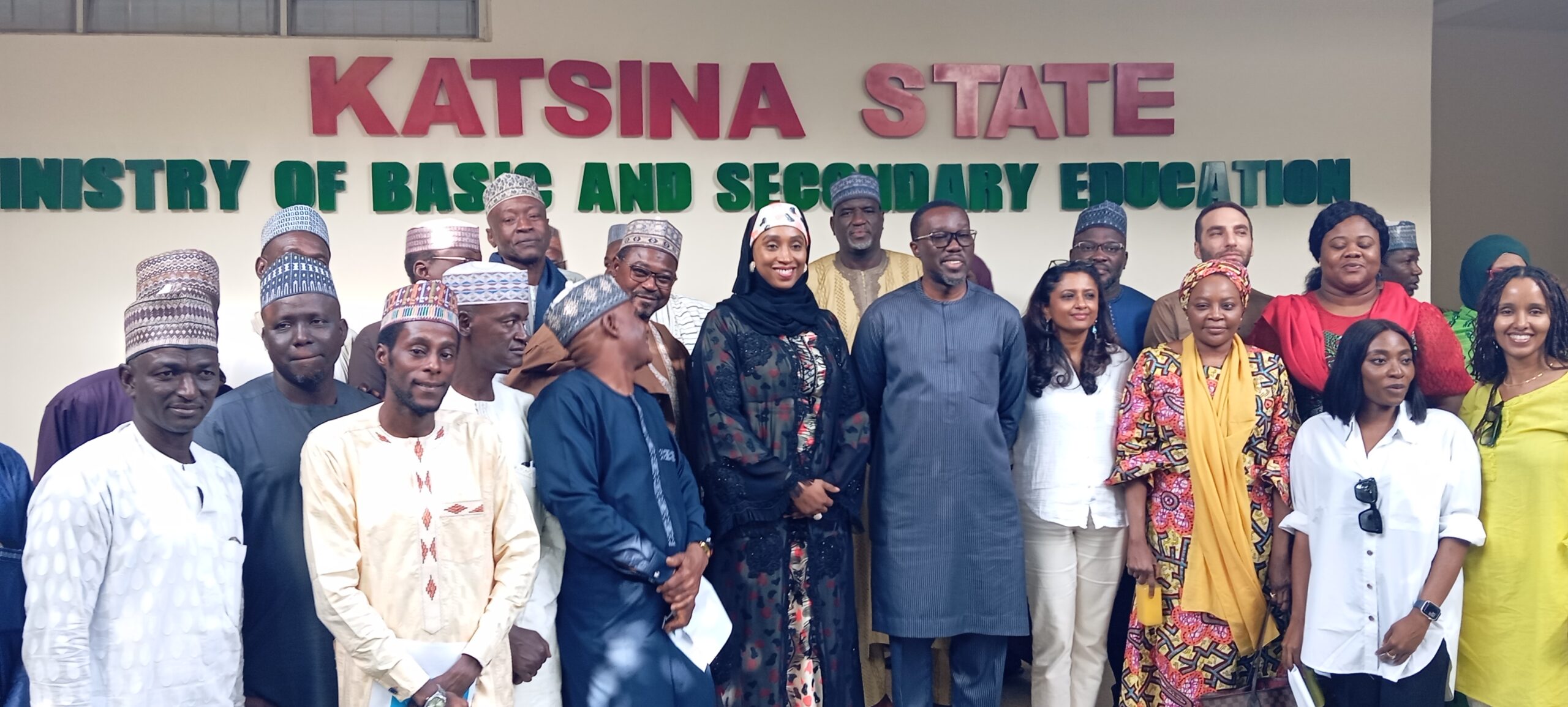World Bank promises more support to education in Katsina
By Abbas Bamalli
World Bank has promised to continue to provide necessary support to the Katsina State Government toward the development of the education sector.
The World Bank Country Director, Dr Ndiame Diop, made the promise in Katsina on Thursday at the Adolescent Girls Initiative for Learning and Empowerment (AGILE) project Implementation Support Mission (ISM) meeting.
The News Agency of Nigeria (NAN) reports that the meeting was organised by the state’s Ministry of Basic and Secondary School Education, in collaboration with the AGILE office in Katsina.
The project has been supporting the education sector in the state through the construction, rehabilitation of schools, provision of potable water in schools, conditional cash transfer, among others.
The country director, however, said “We are here to learn not just about the project and how we are modestly supporting you, but also to learn about Katsina itself.
“So, I would like to really commend the ministry and the leadership for the commitment to education.
“I’m very pleased to see the progress that you have already made so far. I was just looking at the numbers in 2021 when the project started, the completion rate at the senior secondary education level was only 21 per cent.
“This was very low, and I think by today, the number has gone up quite significantly, but we’re still not there yet.
“But I think the objective should be to really go even further. But I would like to commend you for the commitment”.
Diop added that the global research in Nigeria and elsewhere, shows that each additional year of education at secondary level increases the lifetime earning of the beneficiaries significantly.
He stressed that “if we want to reduce poverty in the future, we cannot skip education, we have to put a lot of efforts and emphasis on the sector.
“As you know better than me, education is a sector that’s complex, with many stakeholders involved and many factors affecting the result, that’s why leadership and commitment at the top is critical”.
He pointed out that basically, officials cannot make significant progress in education without strong commitment and leadership, commending the state government and other stakeholders’ commitment.
“I also want to reiterate the commitment of the World Bank to continue supporting this sector to achieve the results that you have sets for yourselves,” the country director assured.
Earlier, the Commissioner for Education, Hajiya Zainab Musawa, said huge successes were recorded in the sector, “due to the political will of Gov. Dikko Radda.
“I would like to assure you that anything education, comes from the bottom of his heart. He takes it so personal that nothing slips under the carpet without his knowledge or decision.
“The ministry is the highest level of decision making in terms of education. We have about five agencies, 13 departments that are very key and institutional to education in the state.
“I would like to say that AGILE has been able to give the girl-child the opportunity to know that she is special.”(NAN)(www.nannews.ng)
Edited by Hadiza Mohammed-Aliyu





